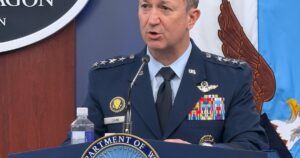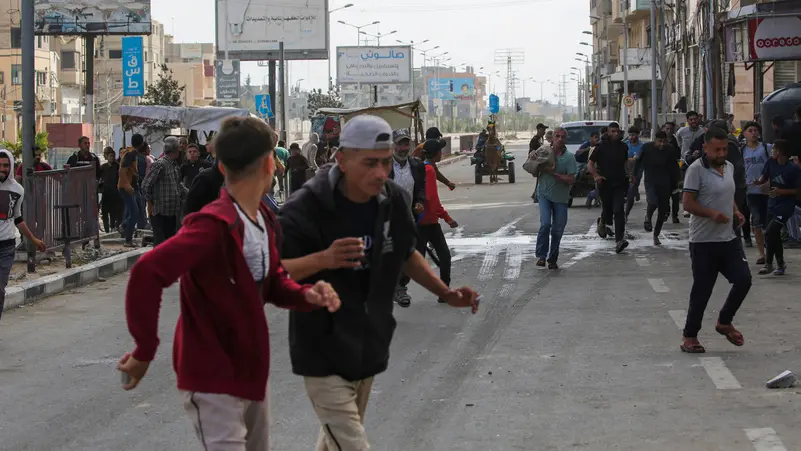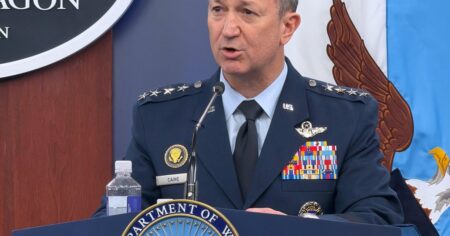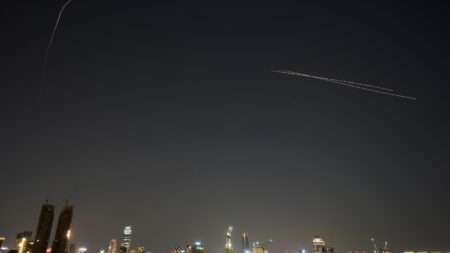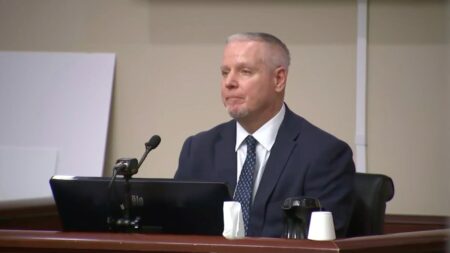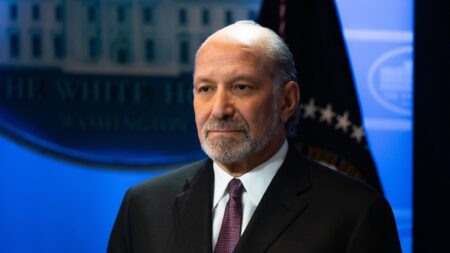Medical charity Doctors Without Borders (MSF) reported on Sunday that people treated at a Gaza aid site run by the US-backed Gaza Humanitarian Foundation (GHF) said they were shot from all sides by Israeli forces. The incident took place in the southern Gaza town of Rafah.
Gaza’s civil defense agency said that Israeli fire killed 31 Palestinians at the aid distribution site. Witnesses confirmed that the Israeli military opened fire on the crowd. The GHF and Israeli officials denied that such an event occurred, but MSF and other medical teams treated many people with gunshot wounds at Nasser Hospital in the nearby town of Khan Younis.
MSF said patients described being attacked from drones, helicopters, boats, tanks, and soldiers on the ground during the aid delivery. MSF’s emergency coordinator called the GHF’s aid system dehumanizing, dangerous, and ineffective. The system, according to MSF, caused avoidable deaths and injuries.
At Nasser Hospital, medical staff reported crowded corridors with many patients, mostly men, suffering from gunshot wounds. One injured man described violent fights over a small amount of aid supplies during the distribution. The chaos and violence raised concerns about the safety and management of aid delivery in Gaza.
The Israeli military said its initial inquiry found no evidence of troops firing at civilians near or inside the humanitarian aid site. A GHF spokesperson claimed that reports of violence were false and accused Hamas of spreading misinformation to harm the aid group’s reputation.
The Gaza Strip continues to face severe humanitarian challenges amid ongoing conflict. Safe and effective aid distribution remains a major concern. Thousands of Palestinians have been displaced, with limited access to food, water, and medical care. Aid organizations warn that poorly managed aid efforts can lead to violence and further harm civilians.
The situation highlights the need for humanitarian aid to be handled by experienced groups with local knowledge and proper coordination. MSF’s statement reflects wider concerns about how aid is delivered in conflict zones and the protection of vulnerable people.
